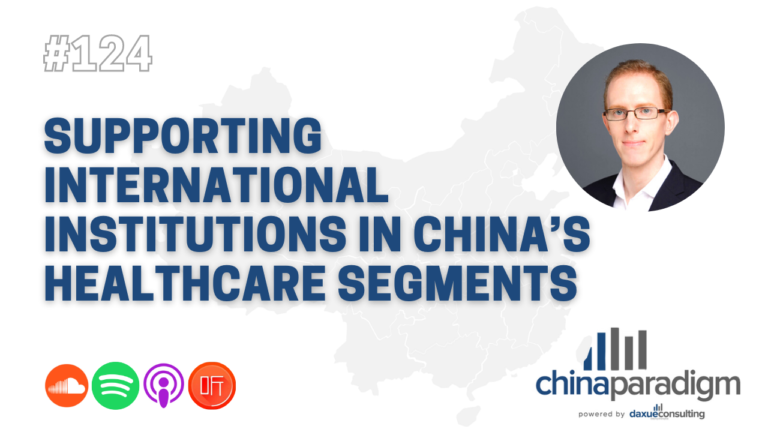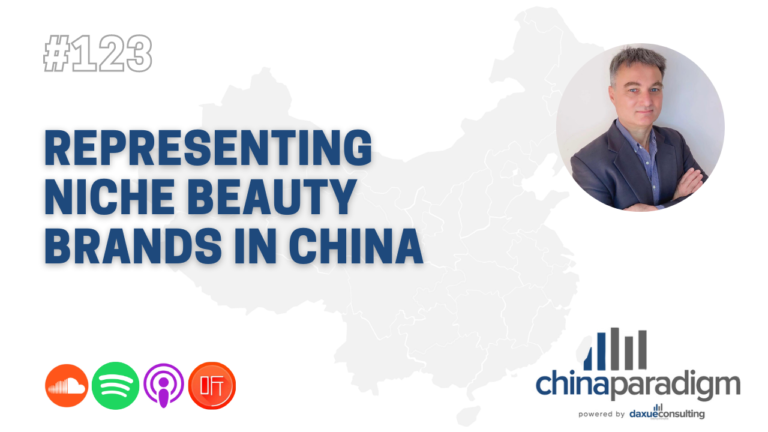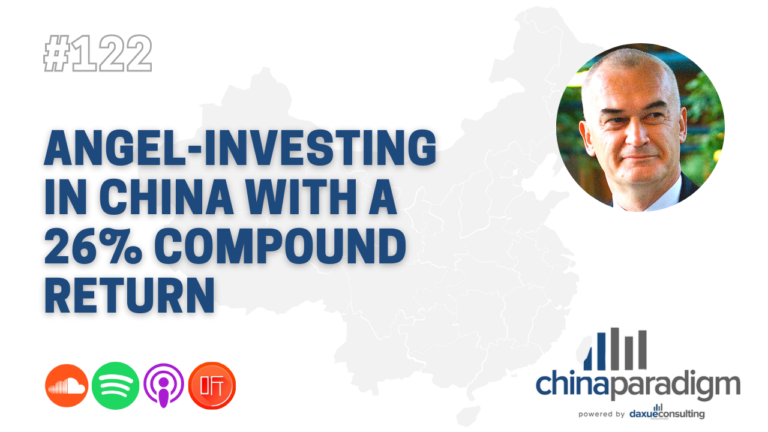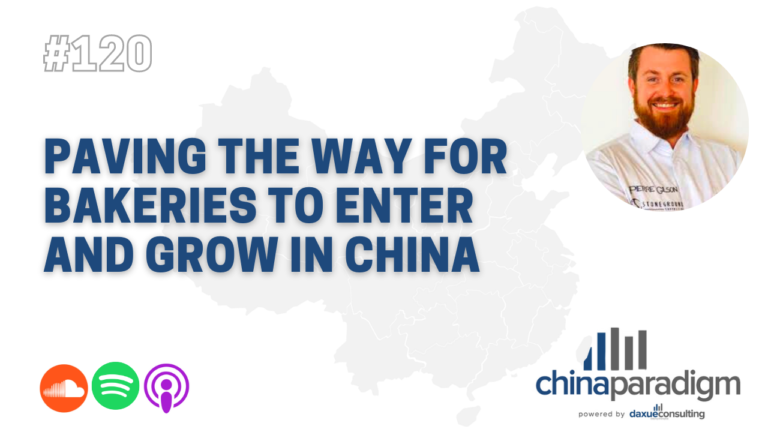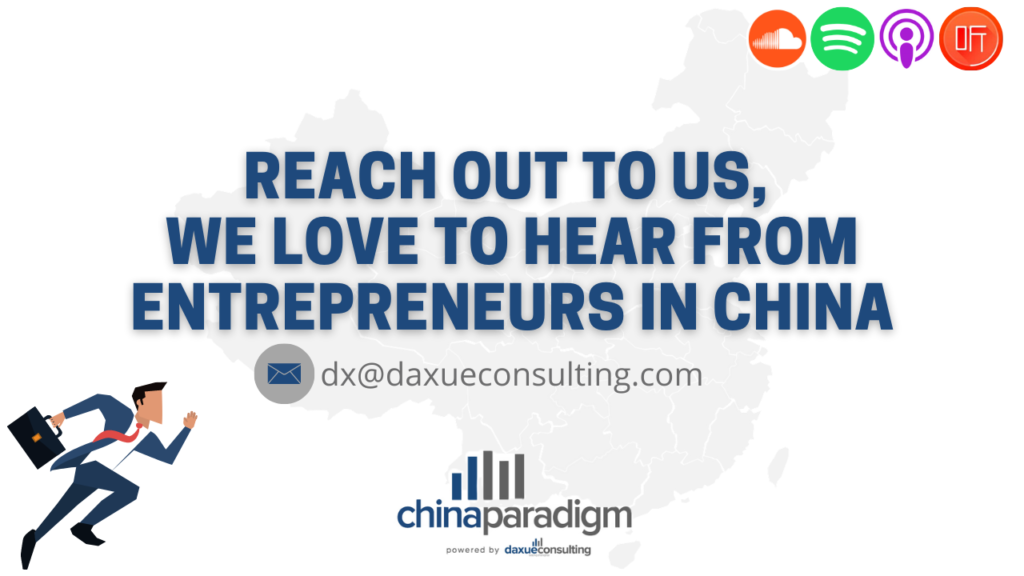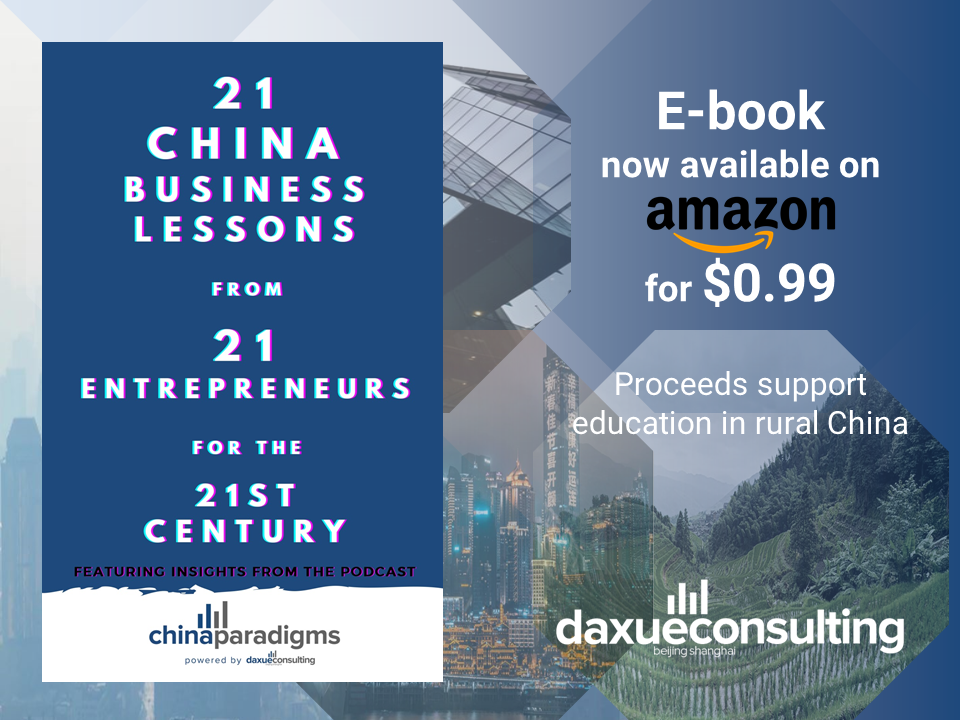The business culture of China: Chinese CVs
China Paradigm interviewed Pauline Lahary, founder of a CV business in China and France to understand the recent HR developments and more generally HR in China, the differences between Chinese and European candidates and the best practices to launch a website in China.
Pauline Lahary, an expert in CV, ”Chinese at heart”!
Pauline Lahary is a graduate of Skema Business School in France including one year completed at the Suzhou campus. She also studied a semester in the United States. Her training is very international then, even called ‘International Business in Europe, the US, and China.’ After that, Pauline worked in China, in Shanghai and Beijing, for some time in different companies like Altima or JC Decaux where she understood China’s business potential, especially in terms of HR in China.
In 2014, just 2 years after her graduation, she decided to start a business in China and in France, My CV Factory.

‘‘ I can talk about CVS for hours and colors and meanings in colors.’’
MyCVfactory, provide the best HR advice in China and France
MyCVfactory is a CV business in China that offers a set of tools to help you find a job. The company offers sample CVs to download, cover letters, personalized writing of application documents and, above all, assistance in internationalizing the application.
The company now has 100,000 customers, most of them Junior, looking for a first position or internships and also Senior, looking for improvement on their CV after several years in the same company.
Today this CV business in China has also developed a B2B part since it works in partnership with schools (only in France for the moment) to offer workshops and training. Students can thus have access to advise, proofreading of their CVs or their Linkedin pages, and HR coaching videos.
Finally, the company has recently developed a more digital component where they have many customers: the optimization of Linkedin pages.
‘‘The Linkedin profile optimization is really for people who want to get a job and get a reputation online. We focus on the content that brings traffic via keywords.’’
MyCVfactory is in charge of rewriting your descriptions, inserting the right keywords, ensuring your activity on this social network by, joining employment and discussion groups.
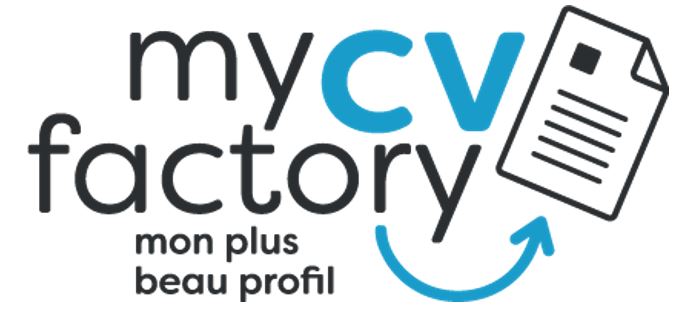
How to master SEO in China based on western digital success?
Pauline Lahary explains how she optimized her website in France and how she works on SEO in China based on her success on Google.
Today their website in France has between 50,000 and 80,000 visitors per month, 30% of people going back to the site and 55% bounce rate. These good scores are due to their content strategy they have put in place for a long time by publishing one CV per day. Fresh daily content on Google is very good for SEO.
And this is also due to their social media strategy:
‘‘We are on Facebook a lot. We put a lot of articles to engage our community. We also are on Youtube making videos about CV.’’
Using visuals can also be very engaging for younger targets on social networks:
‘‘We sell pictures, we sell attractiveness, and I feel that Pinterest and Instagram are perfect media to share pictures in-universe. Pinterest is very good for sales because there is a lot of people going on Pinterest getting inspiration, and they are creating boards or CV’s like per color or per sector.’’
What are the differences between CV in China and the West?
‘‘Usually, all the Chinese CV that I have seen are very sad and black and white. Typically, the content was really long with no synthetic aspect.’’
Some things are also specific to China, which is a country where careers are particularly important:
‘‘Very recently in China, I saw a candidate putting his political views or sexual orientation, this kind of stuff. Very intimate and in France we would never see that on a CV. So that could be the main difference, or a can do in China, and a don’t do in France.’’
But our China podcast’s guest explains that there are not so many differences between Chinese CVs and European CVs and that everyone makes more or less the same mistakes.
‘‘Usually, Chinese people love putting educations and schools at first, I mean it’s a good thing to have a good diploma. But when you are a senior, maybe your skills and abilities are better than your university.’’
The same is true in Europe, where candidates should focus on a summary of skills. Globally all over the world, candidates must try to make their CV more attractive.
Listen to this episode here:





